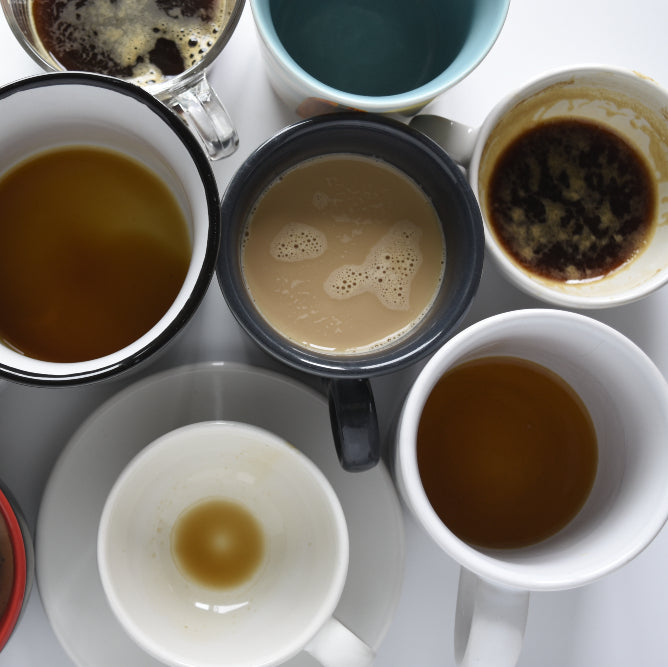The many benefits of limiting or avoiding caffeine

It’s a new year and no doubt you have some “new year resolutions”. We like to call them goals instead. 😊 We bet improving your health is one of them. After the last couple of years, who wouldn’t want to make sure their health is optimum? Did you know there are many benefits to limiting or avoiding caffeine?
- Better sleep – Those who are caffeine-free find they enjoy more solid and restful sleep. It also takes them much less time to fall asleep. In addition, sleep cycles are not adversely affected so daytime drowsiness is avoided.
- Less anxiety – Although most people consume caffeine for its energy boost, it also stimulates the “fight or flight” hormones. (adrenal) which causes an increase in anxiety, nervousness, heart palpitations, and even panic attacks. Those who limit or avoid caffeine also avoid these added stressors on the body.
- Balanced energy – No longer addicted you won’t experience the crash that comes after ingesting caffeine. No more “afternoon pick-me-up.” Coupled with better quality sleep, you will experience steady levels of energy throughout the day, avoiding the cycle of consume, crash, consume more, crash again.
- Balanced brain chemistry – We all know that caffeine affects one’s Similar to cocaine, caffeine not only affects the brain in similar ways, but also has the same addictive qualities. Unfortunately, those wishing to significantly reduce or eliminate their caffeine consumption can expect to experience withdrawal symptoms such as headache, temporary mood swings, brain fog, fatigue, and difficulty concentrating. (which may lead you back to your addictive caffeine habit.) Get over the hurdle and you’ll realize these were withdrawal symptoms.)
- More efficient nutrient absorbtion - If you’re not a caffeine drinker, your body may absorb certain nutrients better than those who do consume it. It has been suggested that the tannins in caffeine inhibit absorption of calcium, iron, B vitamins.
- Lower blood pressure – By reducing or eliminating caffeine, you’ll avoid the effects caffeine has on the nervous system which has been shown to raise blood pressure and is associated with increased cardiovascular disease at high intake levels (3-5 cups per day)
- A healthy digestion – By eliminating caffeine, you will avoid some of caffeine’s unpleasant digestive effects. Caffeine stimulates the bowels creating a laxative effect. Alternatively, consuming especially large amounts of coffee can cause diarrhea/loose stools, incontinence, and can also play a role in developing gastroesophageal reflux disease (GERD.)
- Fewer headaches – Caffeine intake is a big risk factor for developing chronic daily headaches. If you suffer from headaches like these, consider quitting the caffeine habit.
- Balanced hormones for women - Women may especially benefit from going caffeine-free. Caffeine has been shown to worsen certain menopause symptoms. In addition, caffeinated beverages like coffee, tea, and soda can alter estrogen levels. Higher estrogen levels have been linked to higher risk for endometriosis, breast and ovarian cancers. While caffeine isn’t directly linked to these conditions, high estrogen levels are. A 2012 study found that drinking 200 milligrams (roughly 2 cups) or more of caffeine per day elevated estrogen levels in Asian and black women, while white women had slightly lower estrogen levels.
We know you enjoy your morning coffee, but may we suggest that it’s the ritual of it that you enjoy most? (the anticipation, the wonderful aroma, holding the hot mug in your hands, that first delicious sip.) You can enjoy good health and good coffee at the same time by choosing Swiss Water Process decaf – it has all the flavor, without the caffeine.